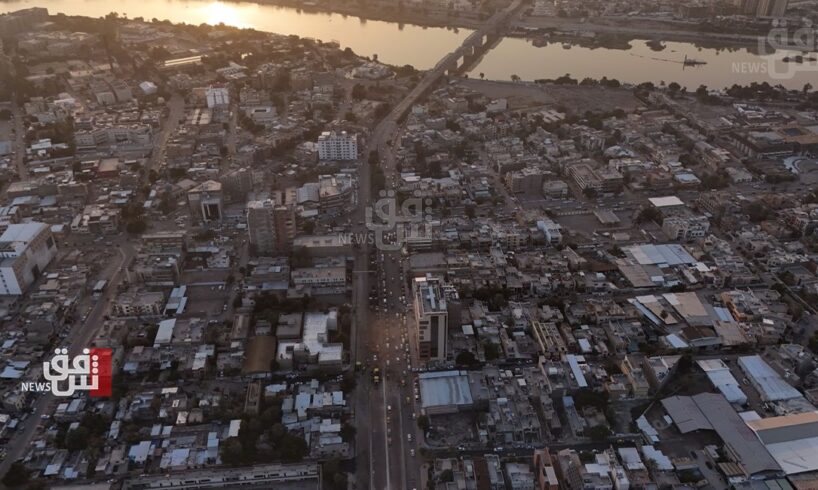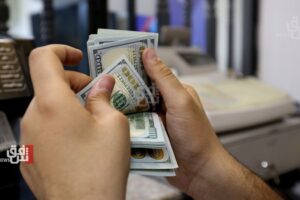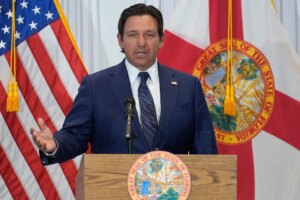
2025-07-23T19:16:12+00:00
font
Enable Reading Mode
A-
A
A+
Shafaq News
Iraq continues to rely heavily on oil revenues to finance
its federal budget, a strategy that international organizations and economic
experts say puts the country at serious financial risk amid declining global
oil prices.
In its latest assessment, published in April, the
International Monetary Fund (IMF) estimated that Iraq would require an average
oil price of $92.43 per barrel to balance its 2025 national budget. However,
current market prices remain under $65 per barrel, well below the break-even
point for the oil-dependent country.
Foreign Reserves As A Defensive Tool
Mudhhir Mohammad Saleh, financial advisor to the Iraqi Prime
Minister, described foreign currency reserves as a “critical tool” for
maintaining the external value of the national currency.
Speaking to Shafaq News, Saleh emphasized that the Central
Bank of Iraq (CBI) uses these reserves to regulate liquidity and stabilize the
exchange rate, primarily through a fixed official rate and interventions in the
currency market.
Saleh explained that the central bank’s strategies include
sacrificing part of the reserves to meet foreign currency demand or employing domestic
debt instruments to absorb excess liquidity via interest rate tools.
He also stressed that the monetary authority monitors the
efficiency of the reserves through two key metrics: the foreign currency
coverage of the money supply — which should not fall below 75% — and the number
of import months that reserves can cover, ideally not less than six. “The
global standard is three months,” he added.
Reserve Sufficiency, Not Volume, Key To Stability
Former CBI director and financial expert Mahmoud Dagher
echoed the sentiment, pointing out that the adequacy of reserves is more
important than their total size. “Iraq has what is considered more than one
year of reserve adequacy. This is sufficient,” Dagher told Shafaq News.
However, he warned that reserves are affected not only by
oil prices but also by spending levels. “Since 2023, government spending has
exceeded oil and non-oil revenues, leading to an actual fiscal deficit,” he
clarified.
Dagher acknowledged a decline in reserves but refuted
reports suggesting they had dropped below $70 billion. He projected that due to
high expenditures and low oil prices, reserves could decline to $90 billion by
the end of 2025.
In its report, the IMF also noted that Iraq’s non-oil sector
has sharply contracted, falling from 18.7% of GDP in 2023 to just 2.5% in 2024
due to reduced public investment.
Experts Call For Structural Reforms
Economic expert Hilal al-Taan explained to Shafaq News that
Iraq’s reserves at the CBI are held in foreign currencies such as the US dollar,
while gold holdings are largely untouchable under current central bank laws
unless in extreme emergencies.
Al-Taan stressed that reforms are needed to reduce
unnecessary government spending, advocating eliminating “ghost employees” from
public institutions, reducing privileges for senior officials and
parliamentarians, and abolishing outdated entitlements such as the “Rafha
pensions” and allowances for members of the defunct National Assembly.
He also urged austerity in government purchases, particularly
office furniture and luxury vehicles, and proposed downsizing diplomatic
missions while promoting local industries and agriculture.
Risk Of Relying Solely On Oil
Economist Dhirgham Mohammad Ali affirmed that the warnings
from international organizations reflect long-standing issues that the Iraqi
government itself has acknowledged. “The government has already recognized the
risks of depending solely on oil and is working on alternatives such as the
Development Road project, investment in agriculture and industry, and clean
energy.”
He added that such efforts require time, a supportive
environment, and international expertise, especially in strengthening Iraq’s
banking sector, which he described as the foundation of the broader economy.
Ali also highlighted the importance of exchange rate stability to boost
confidence in the national currency.





